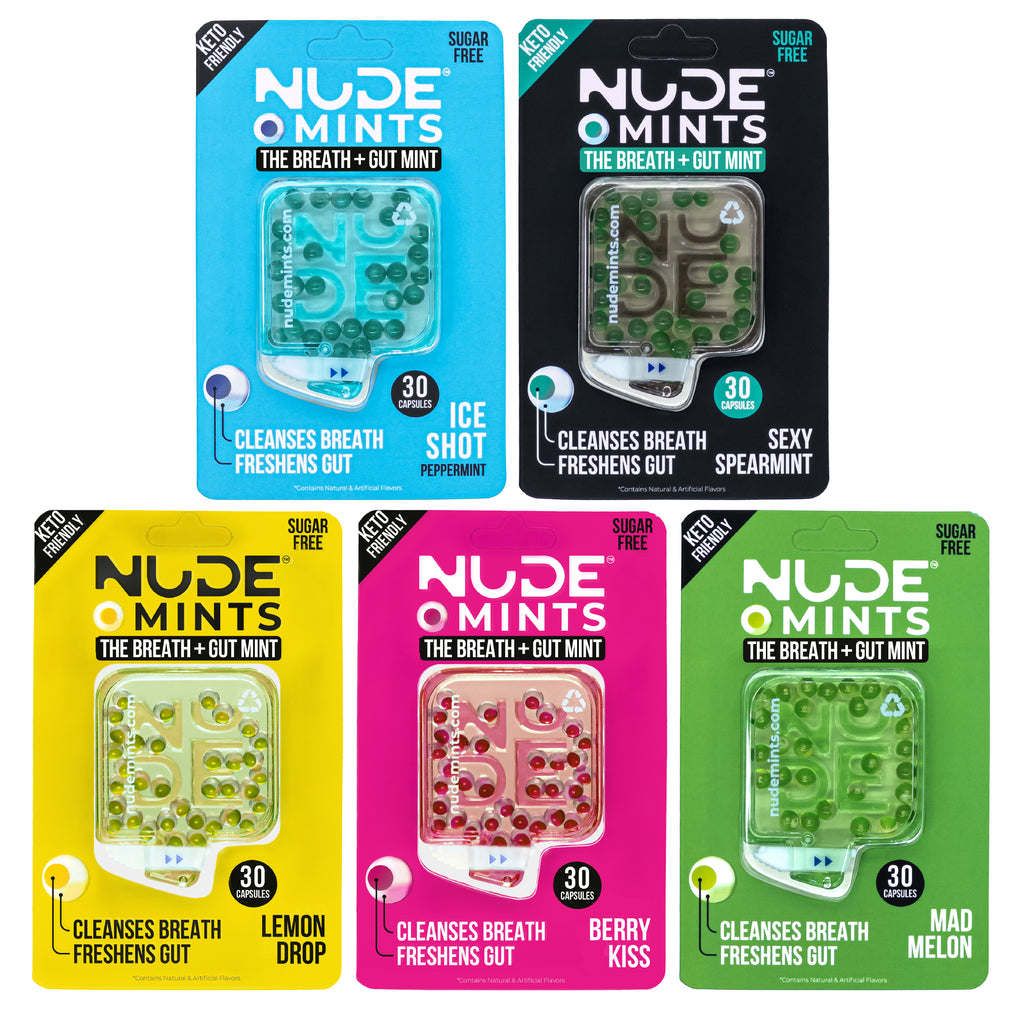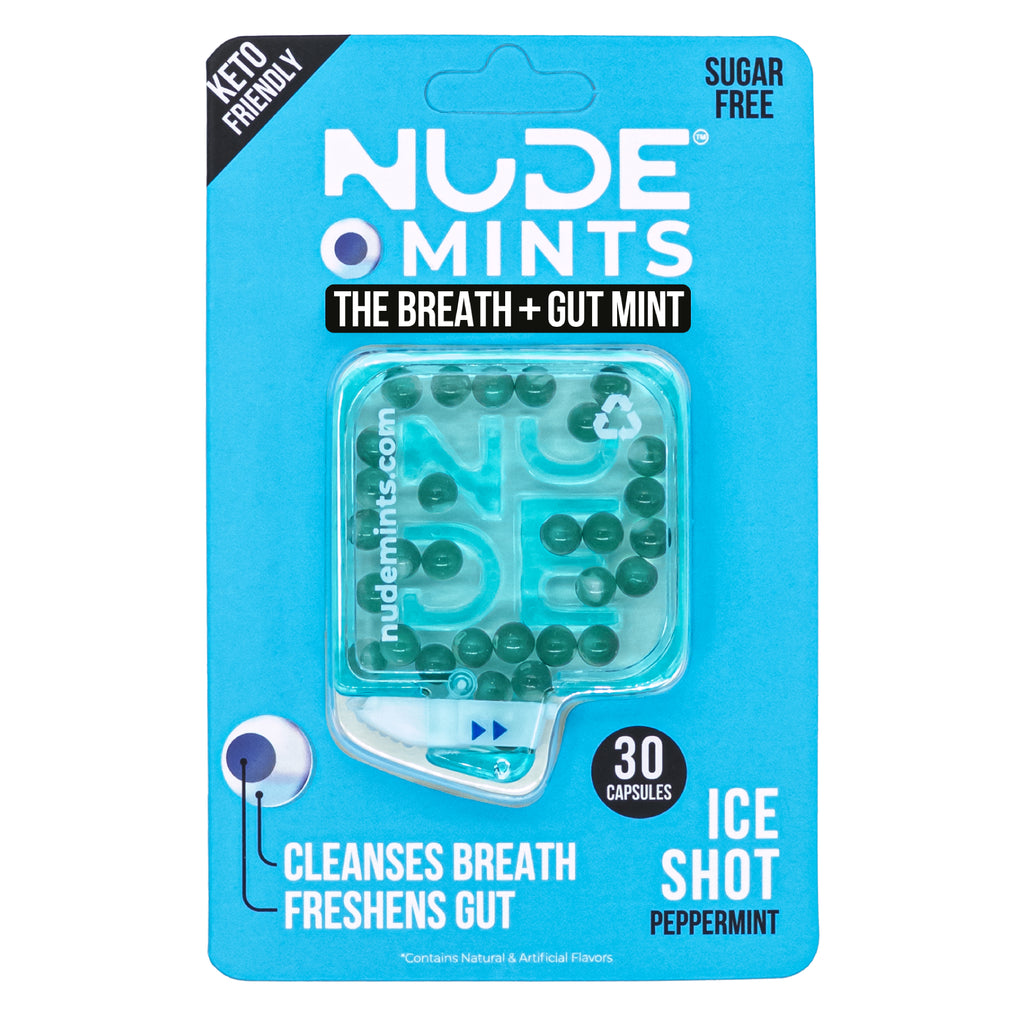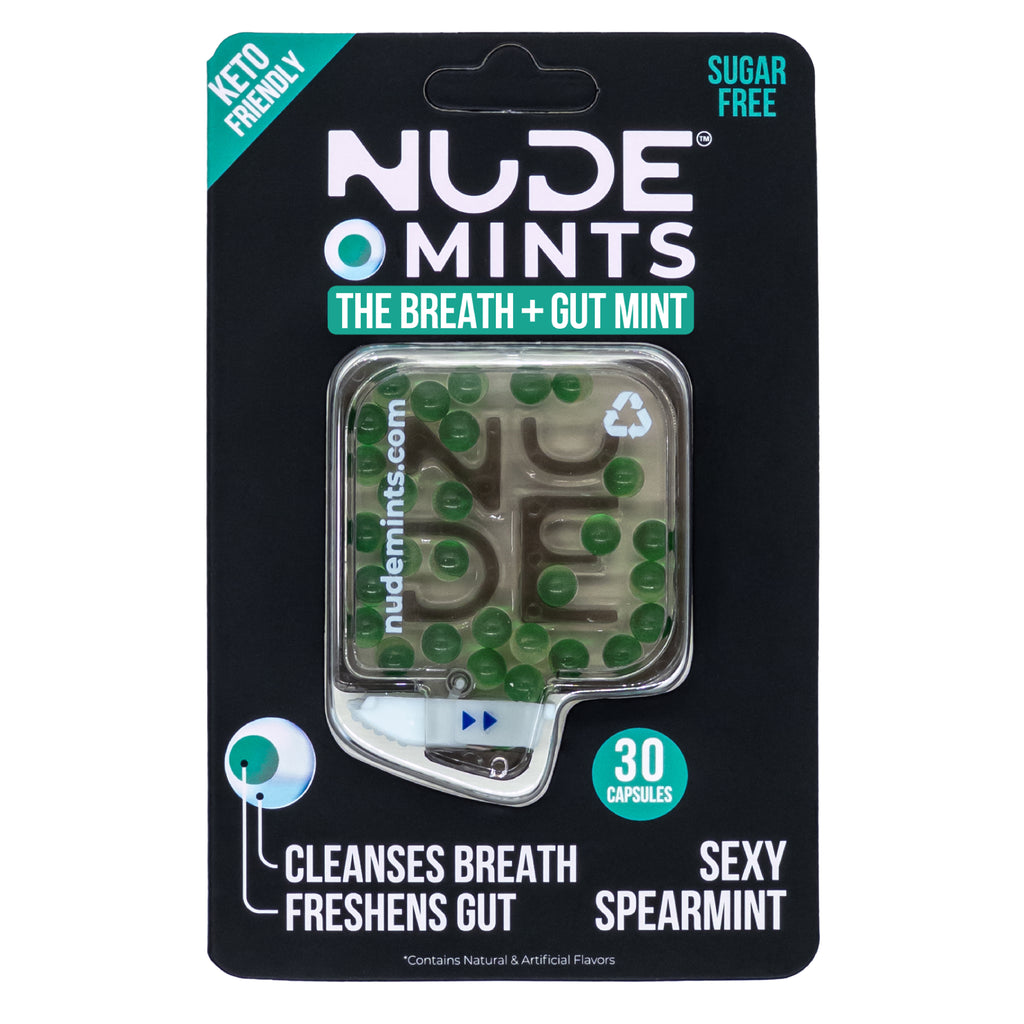NaturalSay Goodbye to Smelly Burps with These Simple Lifestyle Changes
-
Burping is a natural and necessary bodily function, but it can be embarrassing and unpleasant if it produces a strong and offensive odor. Smelly burps, or belches, are caused by a variety of factors, including the foods we eat, certain medical conditions, and our lifestyle choices. Fortunately, there are several simple lifestyle changes that you can make to reduce the frequency and intensity of smelly burps, and improve your overall digestive health.
Watch What You Eat
One of the most common causes of smelly burps is the foods we eat. Certain foods are known to produce more gas than others, and can cause offensive odors when they are expelled through burps or flatulence. Some of the biggest culprits include beans, onions, garlic, broccoli, cabbage, Brussels sprouts, and carbonated drinks. If you are prone to smelly burps, try to limit your intake of these foods and drinks, or avoid them altogether.
Slow Down When You Eat
Eating too quickly can also lead to smelly burps. When we eat quickly, we tend to swallow more air, which can cause excess gas and bloating. To prevent this, try to eat slowly and chew your food thoroughly. This will help you digest your food more easily and prevent the buildup of gas in your digestive system.
Stay Hydrated
Drinking plenty of water is essential for good digestive health. When we are dehydrated, our digestive system becomes sluggish and less efficient, which can lead to gas, bloating, and smelly burps. Make sure to drink at least 8 glasses of water per day, and avoid sugary or caffeinated drinks, which can dehydrate your body.
Exercise Regularly
Regular exercise is not only good for your overall health, but it can also help improve your digestion and reduce the frequency of smelly burps. Exercise helps to stimulate the muscles in your digestive system, which can help move food through your intestines more quickly and reduce gas and bloating.
Reduce Stress
Stress can have a negative impact on your digestive health, leading to gas, bloating, and smelly burps. To reduce stress, try practicing relaxation techniques like deep breathing, meditation, or yoga. You can also try taking a warm bath, reading a book, or listening to calming music to help reduce your stress levels.
Quit Smoking
Smoking can also contribute to smelly burps, as well as a host of other digestive problems. Smoking can cause the muscles in your digestive system to relax, which can lead to acid reflux and other digestive issues. If you smoke, try to quit, or at least cut back on your smoking to improve your digestive health.
Conclusion
Smelly burps can be an embarrassing and unpleasant problem, but there are several simple lifestyle changes that you can make to reduce their frequency and intensity. By watching what you eat, eating slowly, staying hydrated, exercising regularly, reducing stress, and quitting smoking, you can improve your digestive health and say goodbye to smelly burps for good. Don't forget to try Nude Mints, effective solution that helps freshen your breath and promote healthy digestion. By making these changes and incorporating Nude Mints into your routine, you can say goodbye to smelly burps and hello to fresh breath and a healthy gut.
Ready to say goodbye to smelly burps and hello to fresh breath? Try Nude Mints, the effective solution for healthy digestion and fresh breath. Order now and enjoy the benefits of this delicious and refreshing mint!
Get the freshest news on your favorite mouth cleanser and gut freshener!
Read More
-
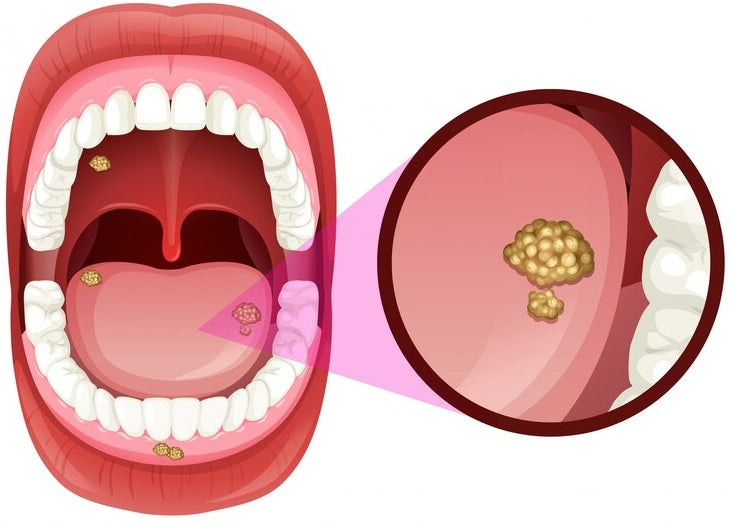
Halitosis: Understanding the Causes, Diagnosis, and Treatment for Fresh Breath
Halitosis, commonly known as bad breath, is a condition that affects a large number of people worldwide. It can be an embarrassing and isolating experience, but it is important to know that it is a common problem and that there are effective treatments available. In this article, we will discuss the causes, diagnosis, and treatment of halitosis. Causes of Halitosis Halitosis can have several causes, both internal and external. The most common causes include poor oral hygiene, dry mouth, certain foods and drinks, smoking, and certain medical conditions. Poor Oral Hygiene Poor oral hygiene is the most common cause of halitosis. When food particles and bacteria build up in the mouth, they can cause an unpleasant odor. Brushing and flossing...
-
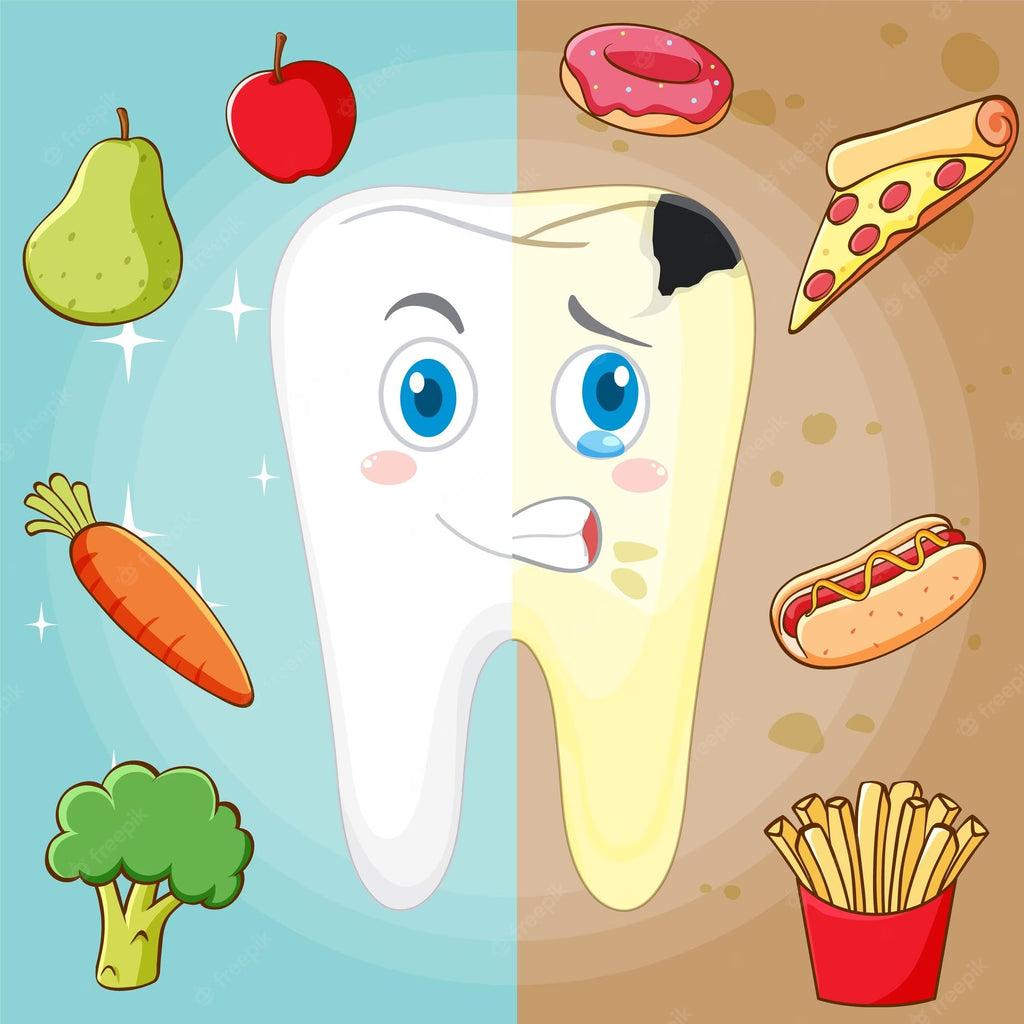
Crucial Connection Between Nutrition and Oral Health: Guide for Better Dental Care
As a dental health professional, we understand the importance of maintaining good oral hygiene to prevent cavities and gum disease. Brushing twice a day and flossing daily are essential habits, but did you know that nutrition also plays a crucial role in keeping your mouth healthy? In this article, we will explore the connection between nutrition and oral health and how you can make better food choices to support your dental health. How Nutrition Affects Oral Health Your diet can impact your oral health in many ways. A diet high in sugary and acidic foods can increase the risk of tooth decay and gum disease. When you eat sugary foods, the bacteria in your mouth feed on the sugar and...
-
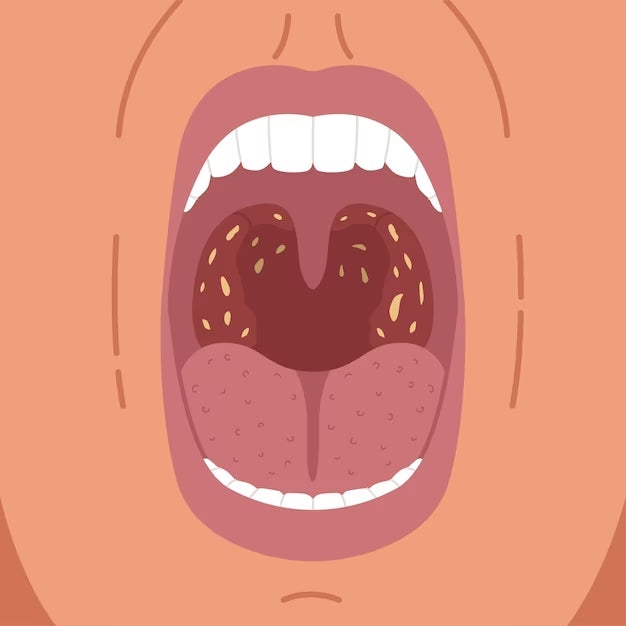
How to Treat Bad Breath Caused by Dry Mouth
Do you ever feel self-conscious about your breath? Do people avoid talking to you because of bad breath? Dry mouth, also known as xerostomia, can cause bad breath and make social interactions uncomfortable. In this article, we will discuss what causes dry mouth, how it leads to bad breath, and what you can do to treat it. Table of Contents What is dry mouth? Causes of dry mouth How dry mouth causes bad breath Signs and symptoms of dry mouth Diagnosis of dry mouth Treating dry mouth Home remedies for dry mouth Professional treatments for dry mouth Tips for maintaining oral hygiene Foods and drinks to avoid with dry mouth Conclusion FAQs What is dry mouth? Dry mouth occurs when...
-
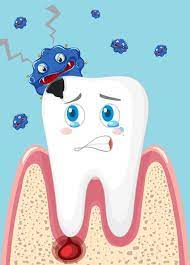
The Relationship Between Diabetes and Gum Disease: Understanding the Link
Diabetes and gum disease are two conditions that may seem unrelated, but research has shown that they are actually closely linked. In fact, individuals with diabetes are more likely to develop gum disease, and those with gum disease are more likely to have difficulty controlling their blood sugar levels. This article will explore the connection between diabetes and gum disease, and provide insights on how you can reduce your risk of developing both. The Relationship Between Diabetes and Gum Disease Diabetes is a condition that affects the body's ability to produce or respond to insulin, a hormone that regulates blood sugar levels. When blood sugar levels are consistently high, it can lead to a range of health complications, including nerve...
